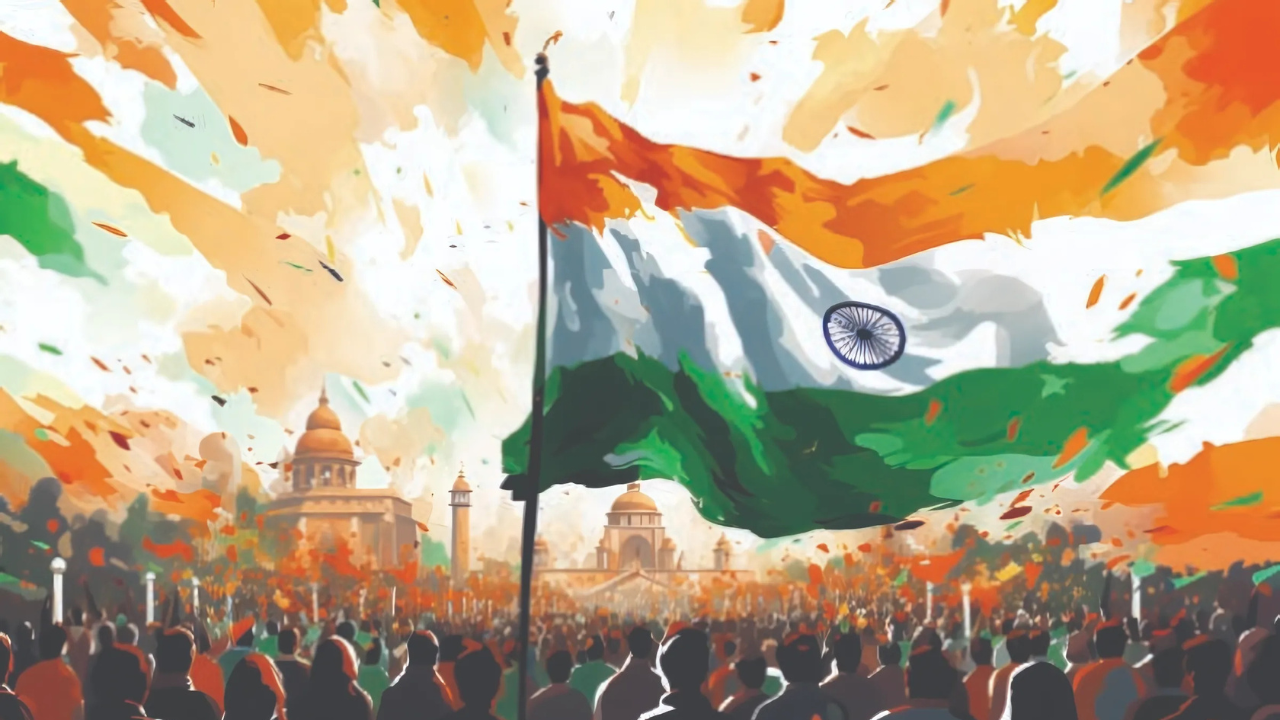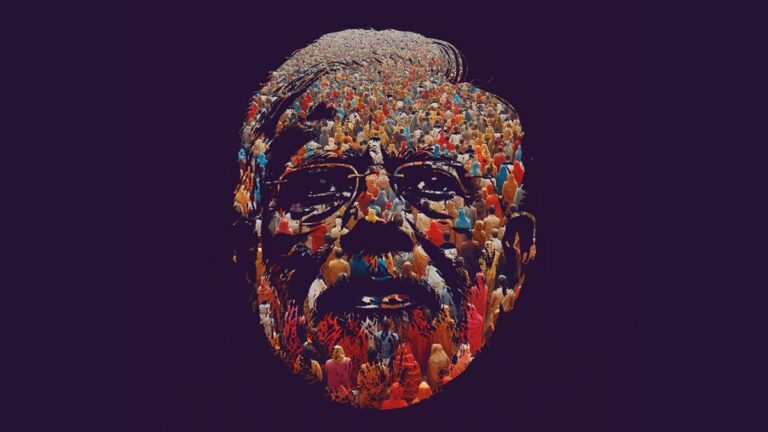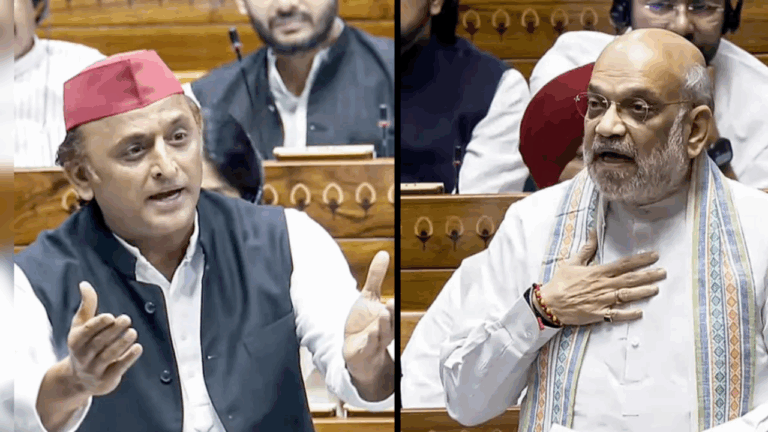Nationalism in India: A Tool for Unity or a Cause of Division?
Nationalism has always been an emotional and powerful idea in Indian politics. From the freedom struggle to today’s political speeches, the word “nationalism” has been used often. But in 2025, as elections approach and debates heat up, people are asking — is nationalism bringing us together, or is it creating more divisions?
In this article, World News helps you understand the ongoing debate in simple words.
What Is Nationalism?
In basic terms, nationalism means love and pride for one’s country. It can make people feel connected through a shared identity, culture, or history. During India’s freedom movement, nationalism united millions of Indians against British rule.
However, how nationalism is used today can vary. Some see it as a way to strengthen the nation. Others worry that it is being used to divide communities.
The Positive Side: Nationalism That Unites
Nationalism has often played a role in bringing people together, especially during times of crisis or national pride. For example:
- India’s Independence Movement: Mahatma Gandhi, Subhas Chandra Bose, and others used nationalism to unite people of different religions, languages, and castes.
- Celebrating National Days: Events like Republic Day and Independence Day still bring people from all walks of life together.
- One Nation, One Election: Some leaders say that holding all elections together will strengthen national unity and save public money.
In these cases, nationalism helps people work for the greater good of the country.
The Negative Side: When Nationalism Turns Into Polarization
While nationalism can be positive, it can also become dangerous if misused:
- Targeting Communities: Sometimes, political speeches blame specific communities in the name of “true nationalism.” This creates fear and tension.
- Citizenship Debates: Laws like the Citizenship Amendment Act (CAA) led to protests across the country, with many fearing that some people would be treated as “less Indian” than others.
- Media and Politics: Some TV debates and political campaigns present nationalism in a narrow way — “either you support us, or you’re anti-national.”
This kind of approach can make citizens feel unsafe or unheard.
What Do People Think?
Indians today have mixed views. Some feel proud when leaders talk about India’s achievements. Others feel left out when their religion, language, or opinion is questioned in the name of nationalism.
A recent survey by a Delhi-based think tank showed that:
- 62% of Indians feel proud of national symbols like the flag and anthem.
- But only 41% believe that political use of nationalism is uniting the country.
This shows that while national pride is strong, people want it to be inclusive — not exclusive.
What Should Nationalism Mean Today?
In a diverse country like India, true nationalism should mean:
- Respect for all religions and cultures.
- Freedom to speak, question, and disagree peacefully.
- Working together for the nation’s progress — without discrimination.
Our Constitution gives us the right to speak freely and live equally. Any version of nationalism that divides people goes against the very spirit of India.
Final Words
Nationalism can be a beautiful thing when it includes everyone. It becomes dangerous when it only includes a few. India’s strength lies in its unity in diversity — many cultures, but one country.
As voters and citizens, we must stay alert and think about what kind of nationalism we want. One that builds bridges, not walls.
To stay informed about political trends, national debates, and public opinion, follow World News — your trusted source for clear and unbiased updates.







